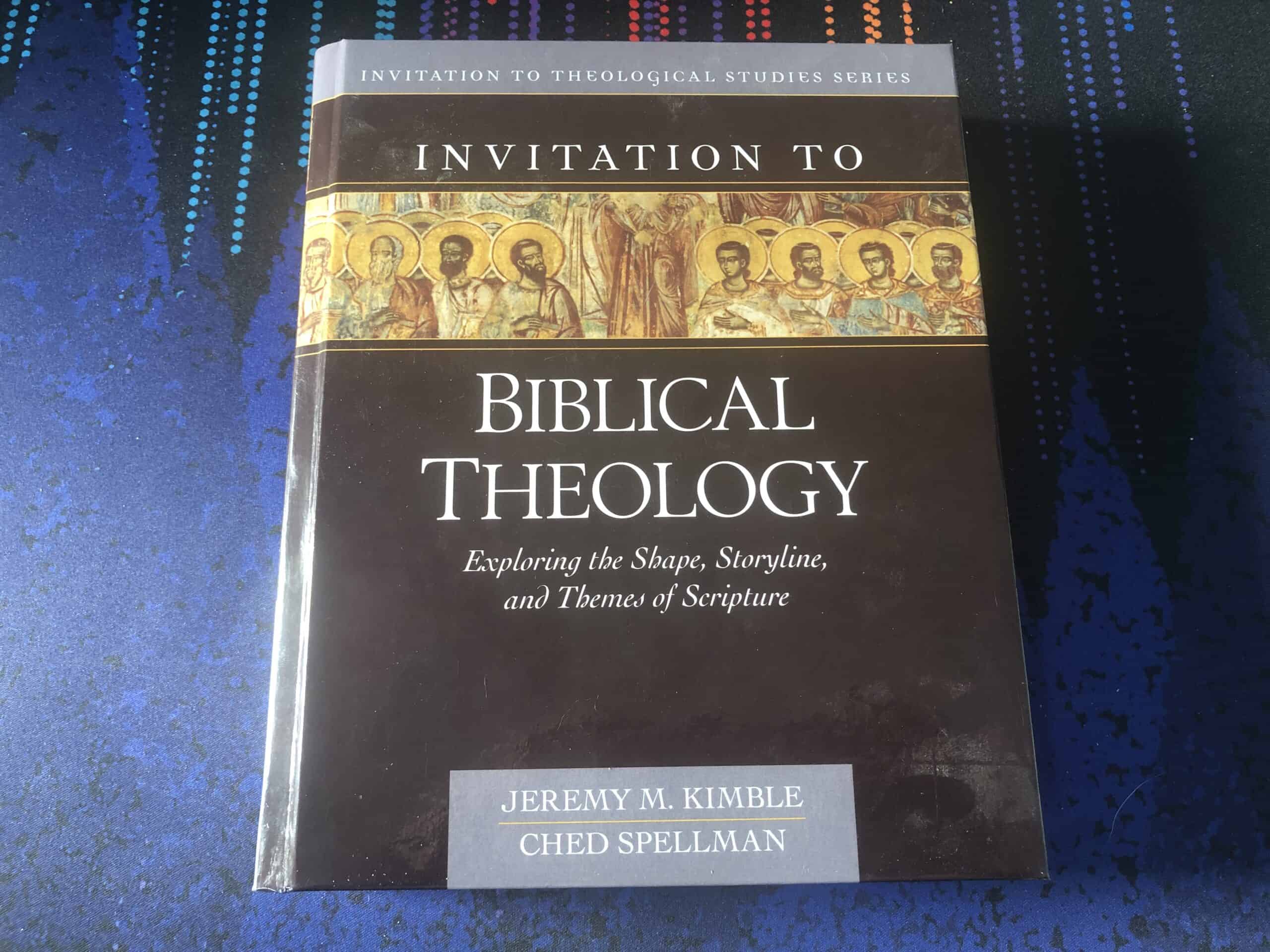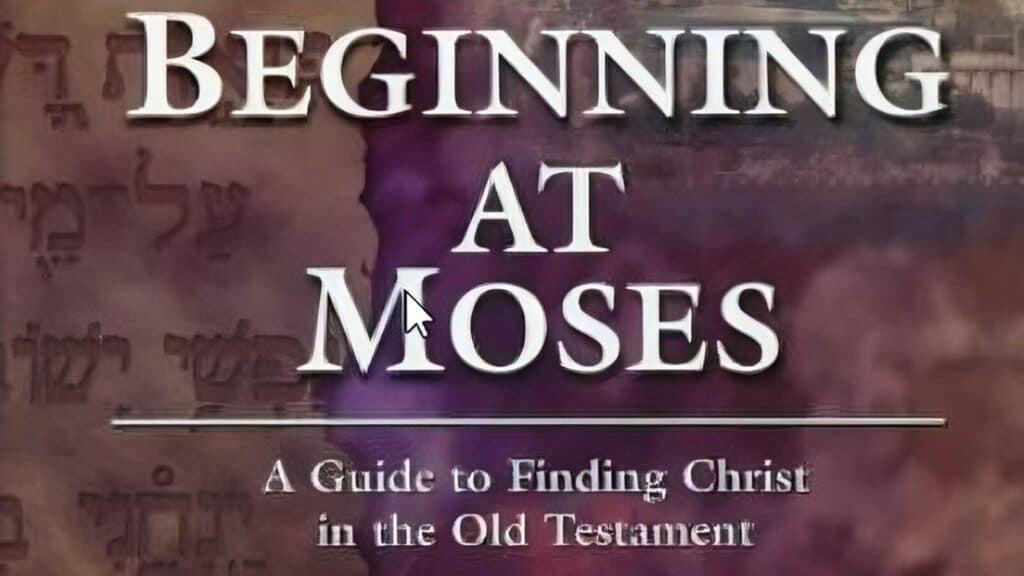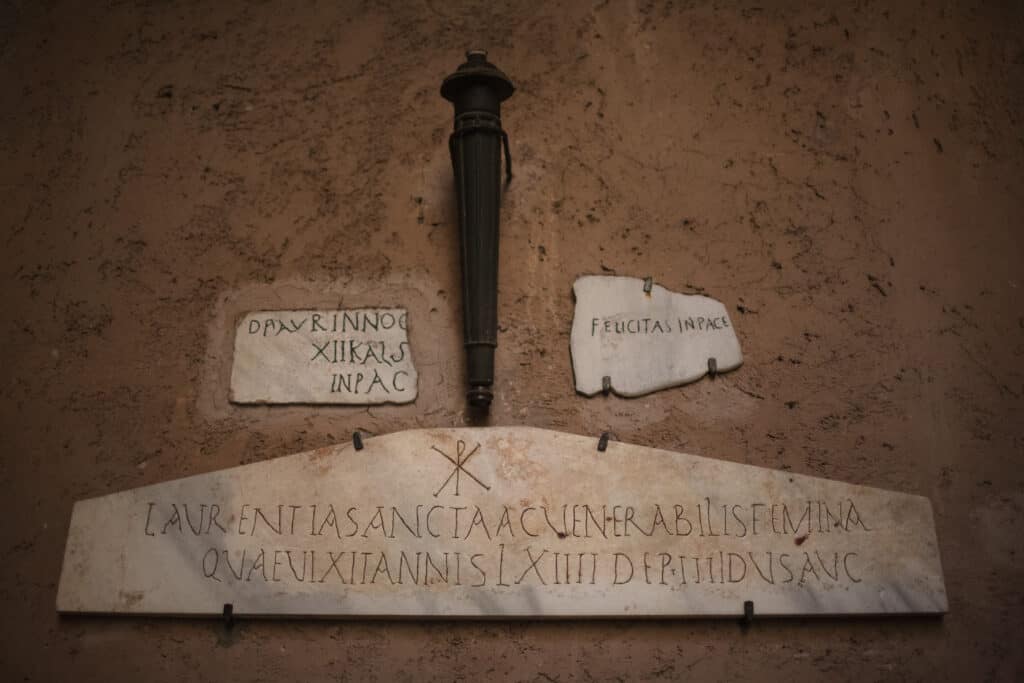The underlying is a repository of highlights from my reading of the following book:
Invitation to Biblical Theology: Exploring the Shape, Storyline, and Themes of Scripture by Jeremy M Kimble and Ched Spellman.
You can purchase this book HERE (Affiliate Link)
The Official (Pastor/Interpreter) recognizes he needs help interpreting the Scriptures… The preaching of the Gospel is connected to the close reading of the Scriptures… This interpretive approach not only considers the words of the prophet but also connects these words to the Gospel. p16
When doing biblical theology, the goal is to first present the theological reflection that occurs within the Scriptures before producing theological reflection that accords with the Scriptures. p17
The Discipline of biblical theology can be understood first in relation to biblical exegesis and systematic theology, and second by its relentless pursuit of the question of the relationship between the Old Testament and the New Testament. p21
I read Moses because such excellent and comforting promises are there recorded, by which I can find strength for my weak faith. p29
Whereas pure biblical theology involved the descriptive task of discerning what the biblical authors said in their historically conditioned context, true biblical theology involved the prescriptive task of culling universal truths from the biblical data. These timeless truths would then form the foundation for dogmatic reflection. p33
Our primary goal in biblical theology is to grapple with the Bible’s big picture and understand the grand storyline of the Bible. p55
During the 4th century, the church also began calling the canon the Bible. The word Bible means “Books,” so naming the canonical collection the “Bible” meant calling it something like the “Book of Books.” Recognizing this aspect of the term Bible is helpful because it highlights the related notions of unity and diversity. The Bible is both a unified work but also a diverse compilation. p57
In light of this focus on the storyline of the Bible and its importance for biblical theology, we can note here a uniquely relevant feature of narrative texts. The narratives found in the biblical canon not only narrate the events they recount but also interpret them, Biblical narratives are a combination of story and significance, of text and event, of revelatory deeds and revelatory words. Within these narrative books, theological arguments are made by the authors about God’s person and character. p64
Famous last words of redemptive history: Jacob (Genesis 49), Moses (Deuteronomy 27-33), Joshua (Joshua 23-24), Samuel (1 Samuel 12-13), David (2 Samuel 23:1-7; 1 Kings 2), Author of Kings (2 Kings 17; 25), Stephen (Acts 6-7), Paul (Acts 20;28), Jesus (Matthew 28; Luke 24; Acts 1; Revelation 22) p65
A chief skill of the biblical theologian is to develop a robust canon consciousness. The wide-ranging literary texts, contexts, meanings, and messages found within biblical literature are bound together by a reader’s sense of the big picture of the canonical context. p77
Indeed, Christian biblical theology must be relentless in its pursuit to discern and articulate the obvious and subtle ways Christ impacts the biblical-theological task and shapes its message. p81
How does a text speak about Christ? What does the text say? Where is the text located within its book? Where is the text located within the canon? What part of the grand storyline am I in? Where is it located in redemptive history? Does the text mention any biblical covenants? Yes – focus on this; No – does the book mention any? p93
For the biblical theologian, the role of the reader is never to make a path to Christ, but always to follow the path to Christ that the biblical authors have laid down. p101
The idea that God communicates with human beings in personal words pervades all of Scripture and is central to every doctrine of Scripture. p105 – Frame
Inerrancy – we can affirm this point because many biblical figures such as Solomon, the men of King Hezekiah, Jesus, and the apostles all relied on copies of Scripture and treated them as canonical and authoritative. p109




Wow, wonderful weblog format! How lengthy have you been running a blog for?
you make blogging glance easy. The total look of
your website is magnificent, as smartly as the
content material! You can see similar here sklep internetowy
Wow, fantastic blog format! How long have you ever
been blogging for? you make running a blog look easy.
The whole look of your web site is magnificent, as neatly as the
content! You can see similar here dobry sklep